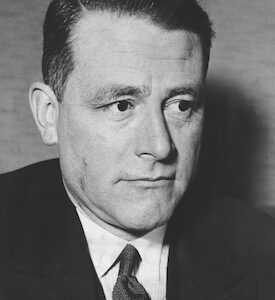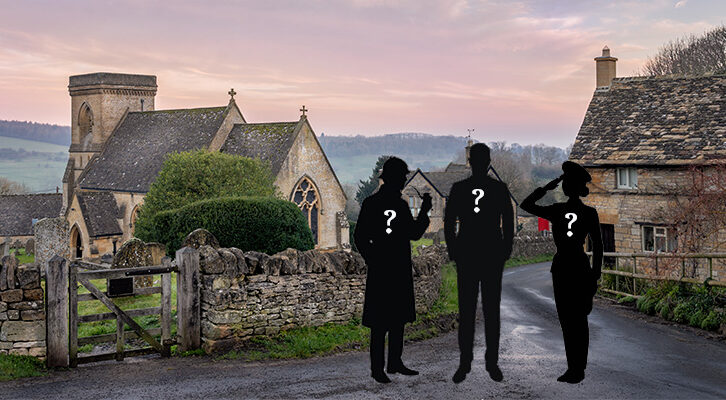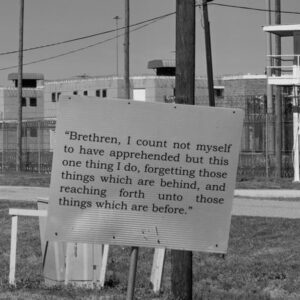
Remembering James Salter, One Year Later
Maureen Gibbon on the Professor She Moved Across the Country For
I moved across the country for James Salter. I went from Brooklyn to Iowa City so I could study with him at the Iowa Writers’ Workshop. Not that I knew anything about him—but I read A Sport and a Pastime and that was enough.
And I did study with him my first semester at Iowa in the fall of 1987. I put my story up, and it was a raw thing: a young woman in an Appalachian town gets raped and doesn’t tell anyone, including her boyfriend. After my piece went up in workshop, Jim Salter sat me down in a room in the English-Philosophy Building and told me what worked in the story and why. Took me through my own piece, line by line. In the story, the young woman doesn’t have sex with her boyfriend after the rape, and instead gives him a blow job. After, the boyfriend asks if something’s wrong, and the young woman tells him no. “It just makes my nose run,” she says.
Jim said it was a good line of dialogue. I think I just nodded. I didn’t say much during that meeting, but I didn’t feel uncomfortable with Jim. Things happened to people, and as a writer you put them on the page. The thing was not to turn away. Jim never did.
Jim entered into our grad student lives in Iowa City. He came to Gabe’s one night when Bo Ramsey and the Sliders were playing because a workshop boy, the poet Kevin Gordon, was playing with Bo. We all were going, and Jim came, too. Sat and watched and drank and listened. He came out for drinks with us after workshop, too, and ordered his elegant vodka gimlets—at least that’s how I remember it. He told us stories about flying fighter jets and talked to us about everything from Sharon Tate to Gogol’s stories. He told us never to talk about what we were working on in order not to waste it or jinx it.
When Burning the Days was published in 1997, Jim came to Minneapolis to promote it. My friend Tracy and I went to hear him read, and in the moments before he was supposed to go to the front of the room, he sat down behind the two of us. In the last moments Jim had to be private, I turned around and intruded. I put my hand on his forearm and said, “Jim, it’s Maureen.”
A moment of placing my voice with my name and my face, and then warmth. “I forgot this was your part of the world,” he told me.
That night Jim talked and read, but he didn’t read the section of the book about the small gold box he saw in a jeweler’s window after his daughter’s death. Of course he didn’t. An antique, the box contained tiny strips of ivory that posed riddles. When you inserted a strip into the box, an answer was revealed. Qui nous console? asked one bit of ivory. Le temps was the reply.
Tracy and I stayed after the reading, and after books were signed and admirers gone, I asked Jim, “Do you want to come out for dinner with a couple of blondes?”
He did.
At Iowa you could slip through two years without anyone noticing you. We all knew it. Some classmates never clicked with anyone, and sometimes they became like ghosts because of it. That didn’t happen to me because of Jim. It was his first semester of teaching, he told us, but I don’t think any of us believed him. He was too good a teacher, precise but generous.
He helped me with two stories in that first workshop and went on helping me for years. Advising and advocating. I have letters from him from Bridgehampton and Aspen, but also from Le Rayol Canadel and St. Benoit in France.
In each letter he encourages me. Champions me. I don’t know if I would have become a writer without him. And when he gave me a blurb for my first novel, he told me on the phone, “There. Now you’re on your way.”
I waited a year to say all this, and I don’t want to say any more. When you write about someone, it’s important not to tell everything. It’s another thing I learned from Jim.
Maureen Gibbon
Maureen Gibbon is the author of, most recently Paris Red. Her fiction and nonfiction have appeared in the New York Times, Minneapolis Star Tribune, Playboy, Byliner, and elsewhere. She lives in Park Rapids, Minnesota.



















